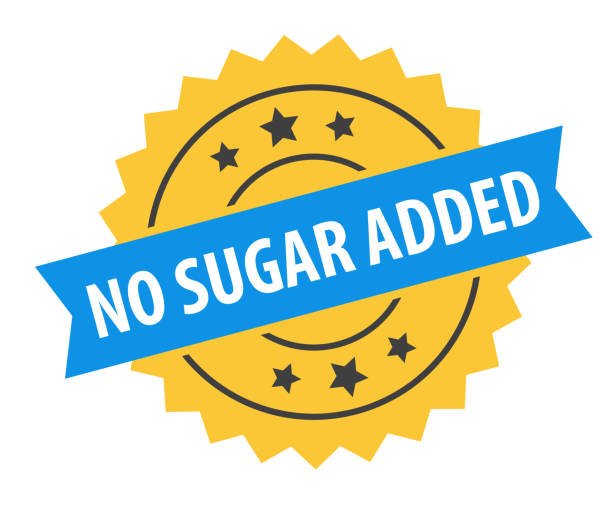
Too Much Sugar Can Lead to Tooth Decay! Understand Added Sugar and Prevent Cardiovascular Disease
“Sugar” plays a very important role in daily diet. In addition to being used for flavoring in many dishes, it also appears in many processed foods or beverages to increase the sweetness to meet the “sweet craving” of most people. . However, the harm caused to the body by consuming too much sugar cannot be underestimated. It may not only lead to obesity, but also increase the risk of heart disease.
What is the connection between excessive sugar intake and heart disease? How much sugar should you consume every day without exceeding the limit? This article will answer it for you.
High sugar intake = high risk of death
According to a study published in the Journal of the American Medical Association (JAMA), people who consume 17-21% of their daily calories from “added sugars” are more likely to die from cardiovascular disease than those who only have 8% of their calories from “added sugars”. The risk of disease is 38% higher.
Excessive sugar puts pressure on the liver, forcing it to convert more carbohydrates into fat storage. Over time, it is easy to cause fatty liver. Not only that, excessive sugar intake can also increase your blood pressure and cause chronic inflammation in the body. These are risk factors that may lead to diabetes or heart disease.
In addition, sugar can lead to the growth of oral bacteria, tooth decay, and gum disease, which can also lead to heart disease. If not treated carefully, recurring infections, such as gum infections, can increase the risk of heart valve-related disease.
What is added sugar?
Many foods contain sugar, but added sugar refers to the additional sugar added to processed foods in order to increase the sweetness. Common added sugars include monosaccharides and disaccharides. Lactose or fructose are sugars in natural foods, but If these sugars are extracted and used as additional additives during food processing, they must also be counted as added sugar.
It is worth mentioning that the term “free sugar” is sometimes used interchangeably with added sugar. The main difference is that added sugar focuses on “processed additional added sugar”; free sugar also includes honey, syrup or sugar. Natural sugars in juice.
Generally speaking, controlling sugar intake will mainly start by reducing the consumption of processed foods rich in added sugar, because the sugar obtained from natural foods is usually not easy to be excessive and burden the body.
How much sugar can you eat every day?
According to the recommendations of the Ministry of Health and Welfare, it is best to control the daily intake of added sugar (free sugar) per person to less than 10% of the total caloric intake. If the caloric intake of 2,000 calories per day is calculated, the caloric intake of added sugar should be controlled at less than 10%. Within 200 calories, and 1 gram of sugar is approximately equal to 4 calories, so the recommended intake of added sugar should be less than 50 grams.
Sugary drinks are a major source of added sugar
Sugary drinks such as soda, energy drinks and sports drinks are the largest source of sugar in our diet, accounting for more than one-third of the total sugar consumed by Chinese people. Other sources of sugar include cookies, cakes, juices, ice cream, sugary yogurt, candies and ready-to-eat cereals.
According to information from the Ministry of Health and Welfare, a large cup of full-sugar iced black tea may contain 40 to 54 grams of sugar, and a cup of full-sugar pearl milk tea may contain nearly 62 grams of sugar. People will choose half sugar or less sugar, but even half sugar still has 20 grams of added sugar, which is still considerable.

Start your sugar reduction life
For the sake of health, we should rationally reduce our daily sugar consumption. Everyone needs a good nutritious diet and regular exercise to have a healthy heart.
how should I do it? First of all, you can start by “reducing sugar.” If you are now used to buying a hand-cranked drink every day, you can try buying it once every two days, or change the semi-sugar milk you are accustomed to ordering to lightly sugared milk. Precious milk, compared to the challenge of “quitting sugar” from the beginning, slowly reducing the amount will make it easier for you to adapt and more willing to stick to it.
As time goes by, you will find that you are no longer as dependent on added sugar as before. You may still be craving for desserts and sweet drinks occasionally, but as long as you maintain a balanced diet and regular exercise most of the time, you can do it at the right time. There is actually no harm in indulgence.













